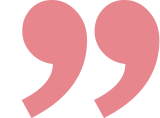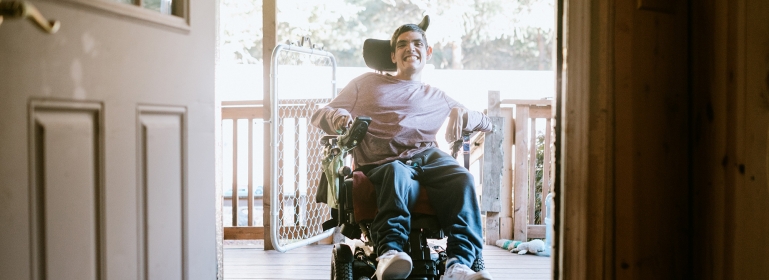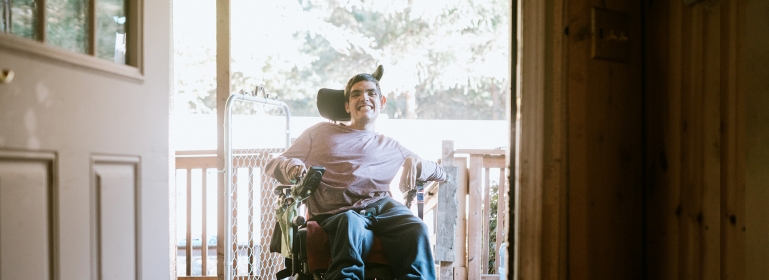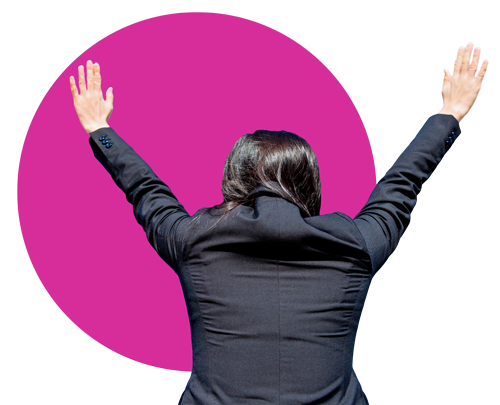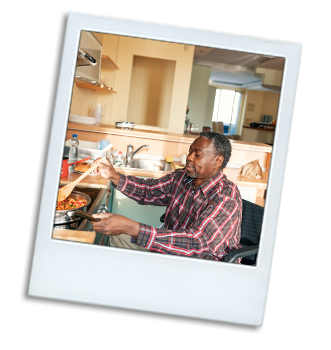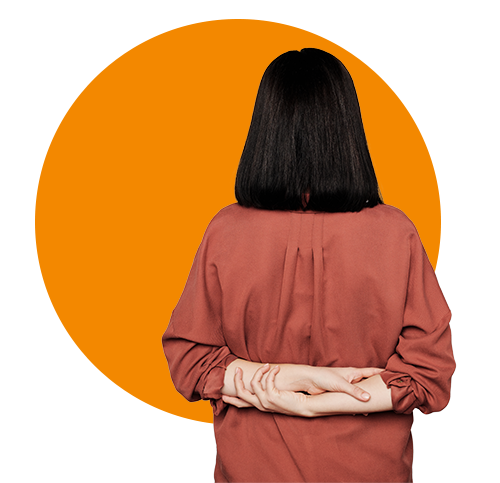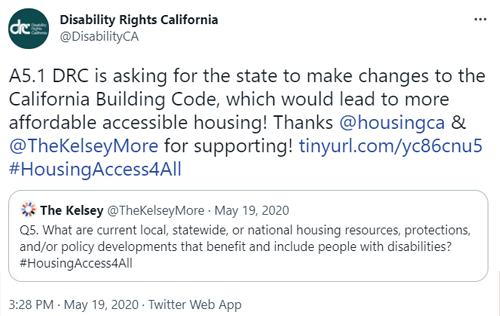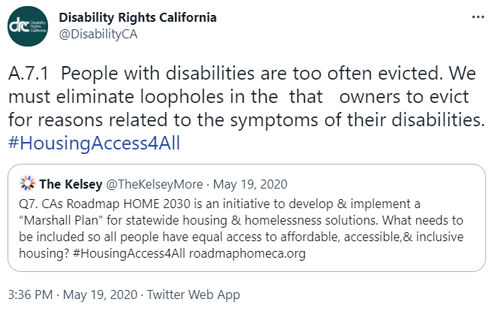2020 Annual Report - Housing/Homelessness

2020 Annual Report - Housing/Homelessness
Homelessness
Advocating for Affordable, Accessible Housing
drc advocated to ensure people with disabilities have affordable housing that is also accessible. In 2020, the state commission was deciding whether to change the current building code so that all affordable rental housing would have special mobility units and hearing/vision units.
We submitted letters to the Building Standards Commission regarding the proposed changes to the California Building Code public housing definition.
Due to this advocacy and the individuals and organizations who also signed on to support, this helped the Commission see the importance of change and unanimously voted to adopt amendments to the California Building Code that clarify federal and state requirements resulting in increased development of affordable, accessible housing statewide!
drc Hosts Twitter Chat for #HousingAccess4All
During housing month in May, drc hosted a Twitter chat with The Kelsey and Housing California to discuss the importance of housing access, affordability, and inclusion for all people who need it. #HousingAccess4All
In California and nationwide, people with disabilities, disproportionately people of color with disabilities, are impacted the most by the housing crisis because of the serious lack of affordable, accessible, and community-based integrated housing. During the chat, we discussed that:
- DRC helps almost 25,000 people annually as our clients identify housing as a priority.
- Some of the common myths around affordable housing is that it is easy to find. The truth is, affordable housing is not easy to find. It is even harder for people with disabilities who need accessible features like grab bars or visual smoke alarms.
- COVID-19 is disproportionately impacting people with disabilities, people of color, and people who are unhoused. We should be responding to COVID-19 with a lens of equity and inclusion. Different structures & institutions have left people of color, people with disabilities, & people of color with disabilities without an adequate safety net, & we must address those long-term inequalities. People often belong to & identify with multiple groups, so we must broaden collaboration - work with disability-based organizers as well as neighborhood-based groups, environmental justice groups, & tenants unions.
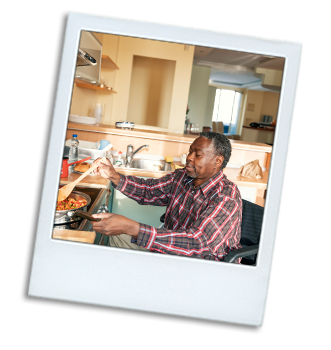
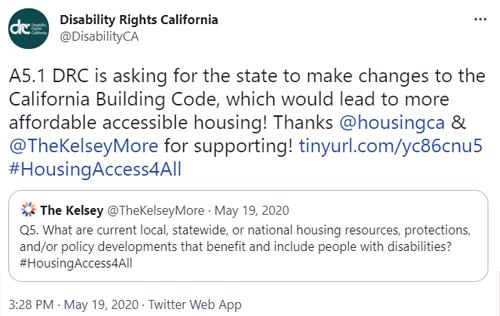
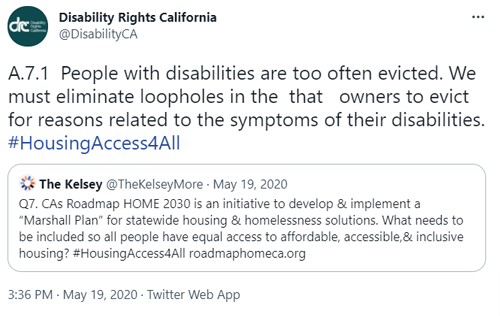
Moving Forward, there is a need for the disability rights community and the housing/homelessness advocacy community to work together more. To talk, organize and build community together. drc will continue to advocate to make changes across California.
Helping Ms. Yang Avoid Homelessness
Ms. Yang is a person with depression and post-traumatic stress disorder who lived with her landlord, and started experiencing domestic violence. Once the violence began, the landlord also filed an unlawful detainer against her to evict her from the property.
Ms. Yang obtained a restraining order against him and came to drc for help to avoid homelessness since she did not have any close family or friends to turn to.
drc worked with her and negotiated a stipulated agreement with the landlord’s Counsel for $2,000 in exchange for a set move-out date and dismissal of all cases. Ms. Yang moved to a hotel and, then, through our connection, obtained shelter through a non-profit which provides crisis counseling, support groups, and a Housing First Program which helps survivors stay housed.
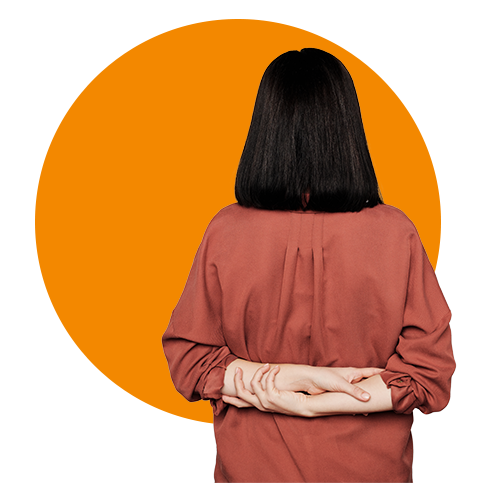
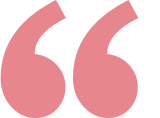
Ms. Yang says, "I am thankful and hope you can continue to provide these services to others in need."
